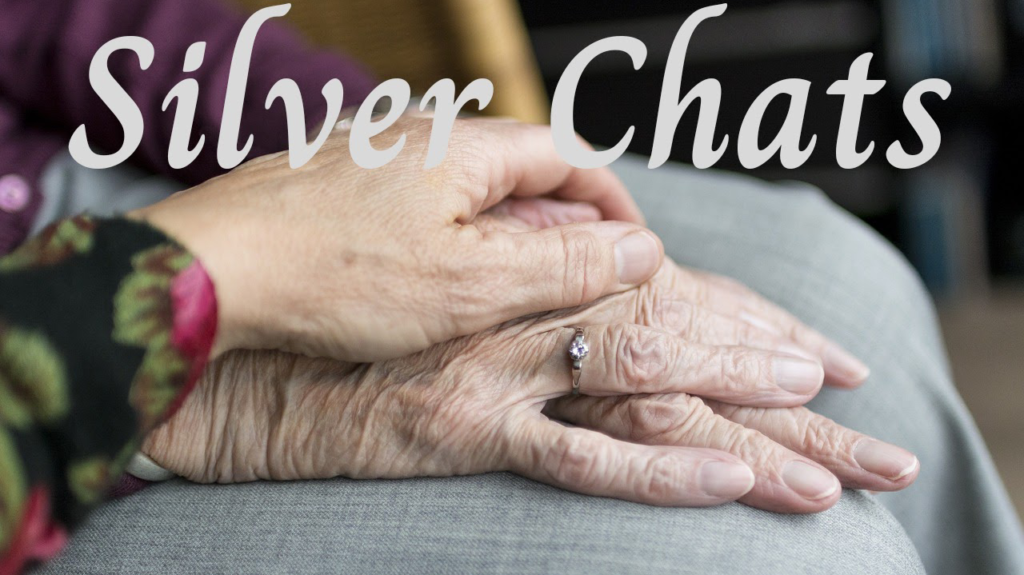I read once an essential part of growing older was reminiscing. We find ourselves thinking and talking about our past life experiences. Although I’m not a proponent of living in the past, studies have shown that recalling our past serves several aging processes and is a part of healthy aging. It may help to preserve family history, improve quality of life, reduce symptoms of depression, help with communication, reduce stress, and contribute to overall physical well-being.
As we spend time reflecting, it is important to forgive. Forgiveness isn’t about forgetting; it’s about empathy, understanding, and compassion. Everyone is fallible. Alexander Pope, a 17th-century poet, said, “To err is human, to forgive divine.” Learning to forgive frees us from the burden of guilt, shame, and resentment that accompanies being angry at ourselves and others. It helps us to gain perspective and understanding that everyone inevitably hurts and disappoints us, but forgiveness overcomes the bitterness that comes with anger.
In my youth, the only time the phone rang after 9 pm was when a family member had died. On one such night, the family member who died was my father’s brother. I was 13 years old, and I’d never heard of this man or his family (who lived 50 miles north of us). My father explained he and his brother had argued 25 years prior and had not spoken since. A 25-year feud of which my father couldn’t remember the reason. I watched him weep at the funeral. I had never seen my father cry. Although I was young, the pain of carrying anger and resentment was visible in my father’s reaction, and I never forgot it.
Holding onto grudges and unresolved anger is unhealthy both physically and mentally. It creates bitterness and a host of conditions. Anger can manifest into headaches, insomnia, high blood pressure, heart palpitations, fatigue, and depression. Anger puts stress on the immune system. Mentally, it can cause anxiety and social isolation. Refusing to forgive can cause diminished memory from long-term stress and produce cortisol, which causes the brain to atrophy, especially in our memory centers. Unforgiveness will make us a slave to our past. We can’t move forward as long as our past holds us hostage.
Forgiveness can change the way we look at our memories. Letting go and forgiving is good for our health and a part of healthy, holistic aging practices. When we forgive ourselves and others, we have healthier relationships. They have less stress, anxiety, and hostility. Practicing forgiveness has health benefits such as lower blood pressure and improved heart and immune systems. Individuals who have learned to forgive and let go of anger show fewer symptoms of depression. There is power in healing and reconciliation. When we learn acceptance and forgiveness, we boost our self-esteem and bring calm to our lives.
The act of forgiveness is also about ourselves. Many of us forgive the transgressions of others, but sometimes, the person most in need of forgiveness is ourselves. Self-love is the foundation of our self-esteem. Letting go of our own past mistakes, accepting that we are fallible, and asking for forgiveness are cornerstones of our self-worth. We can’t fully embrace forgiving others if we can’t forgive ourselves and our faults.
We strongly suggest getting professional help if forgiving yourself or others is impossible. There are forgiveness therapies and techniques available to help. Here are some examples:
Forgiveness Intervention The REACH model is a form of therapy. REACH is an acronym for the 5 steps to Forgiveness Intervention. They are R-recall the hurt, E-develop empathy for the person who hurt you, A-finding altruism, C-make a commitment to forgive and H-hold on to the forgiveness.
There are also 4 stages of forgiveness. Stage 1 is identifying the hurt, learning to label the feelings and the experience. Stage 2 is hate, if you’ve been hurt you hate. Stage 3 is hook, realizing the powerlessness of holding onto hurt. Stage 4 is heal, giving forgiveness, and finding the healing from it.
Passive vs. active forgiveness
When you passively forgive, it’s indifference. You are looking at the person who hurt you as neither a friend nor an enemy. To actively forgive is to completely forgive the person who hurt you, regardless of what they did.
However you decide to approach forgiveness, learning to let go with heartfelt, sincere understanding is powerful. The healing that comes from forgiveness brings many health benefits, both physically and mentally. The reminiscing we do as we grow older can be productive if we use it to acknowledge past wrongs and learn to let them go. The process can be freeing and is an important part of holistic aging practices. If you are struggling with how to forgive, seek professional help. There are many therapeutic techniques available.
Silver Chats advocates positive growth in aging. Making a commitment to learn new ways of accepting the changes associated with aging is part of holistic health. Letting go of past hurts is part of that process. Learning to forgive is an important step and a positive, healthy, holistic aging practice.
